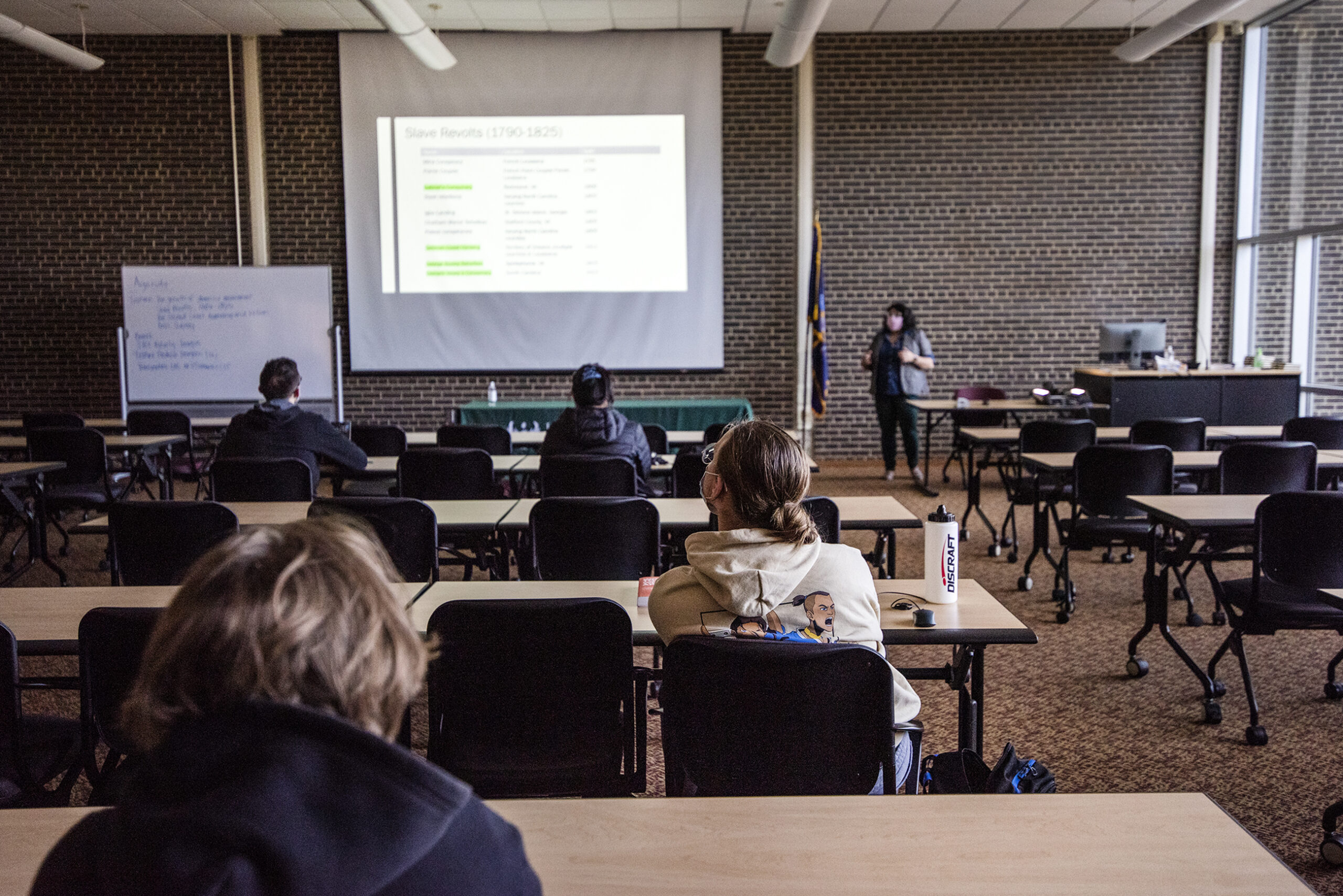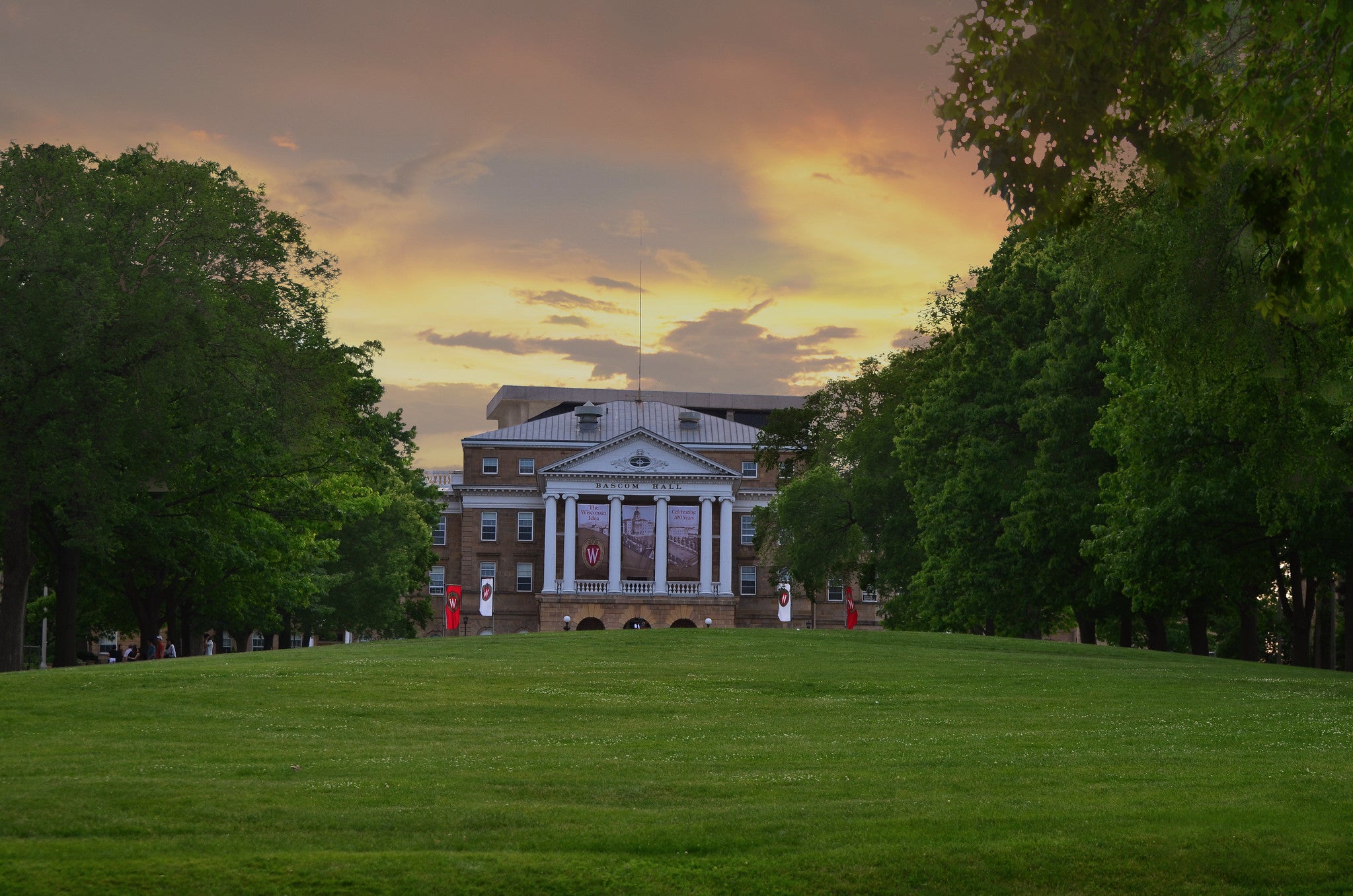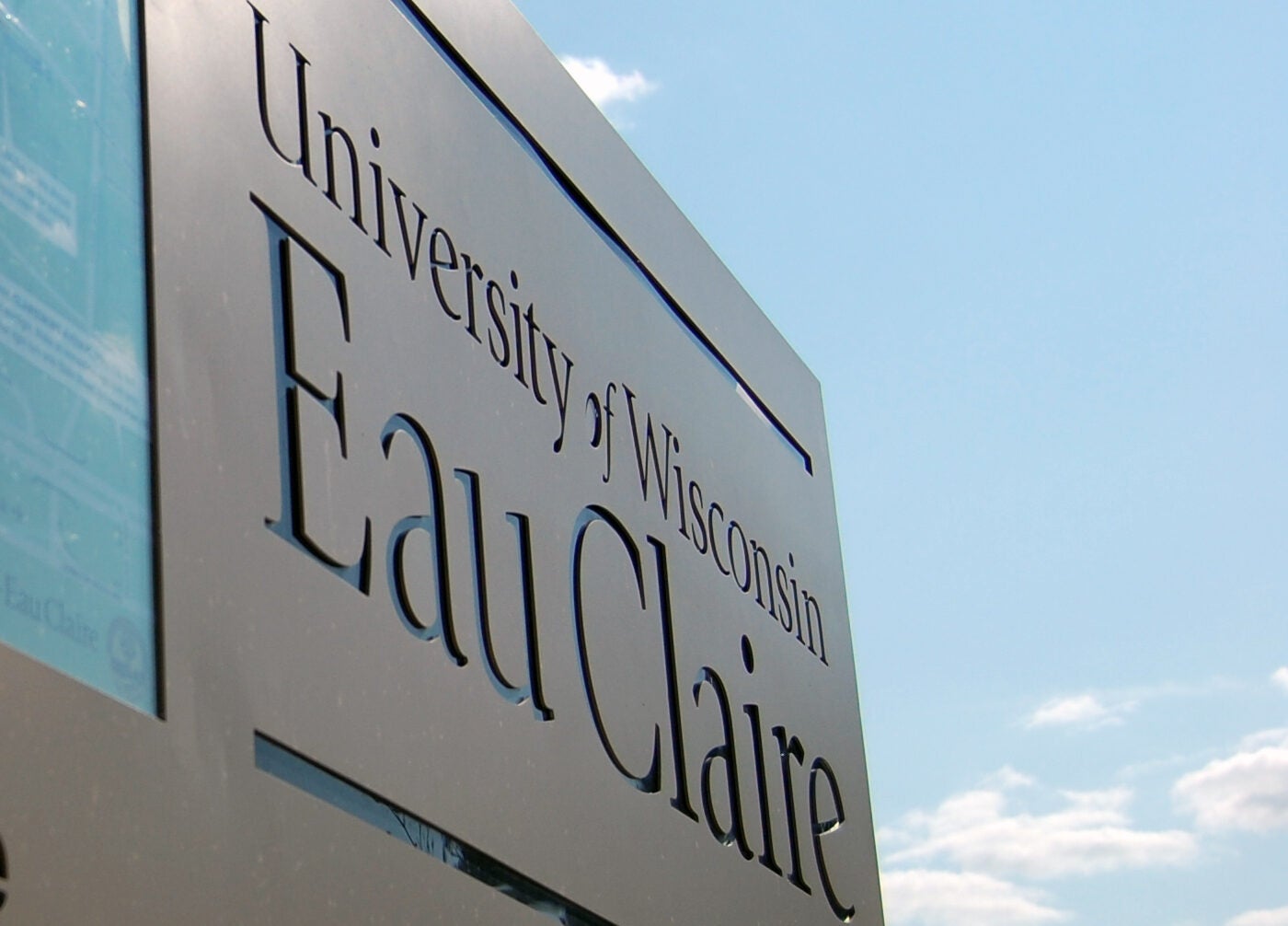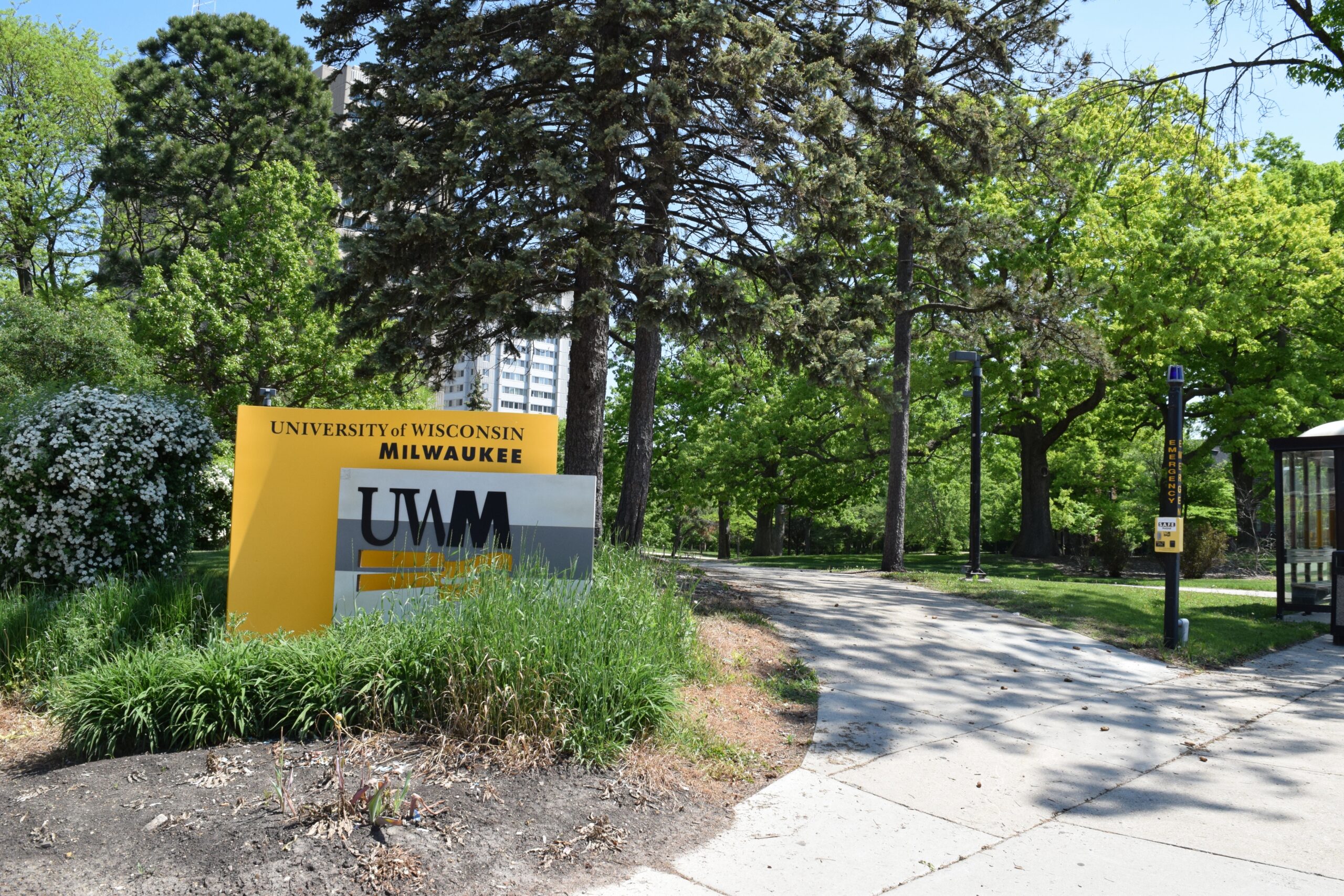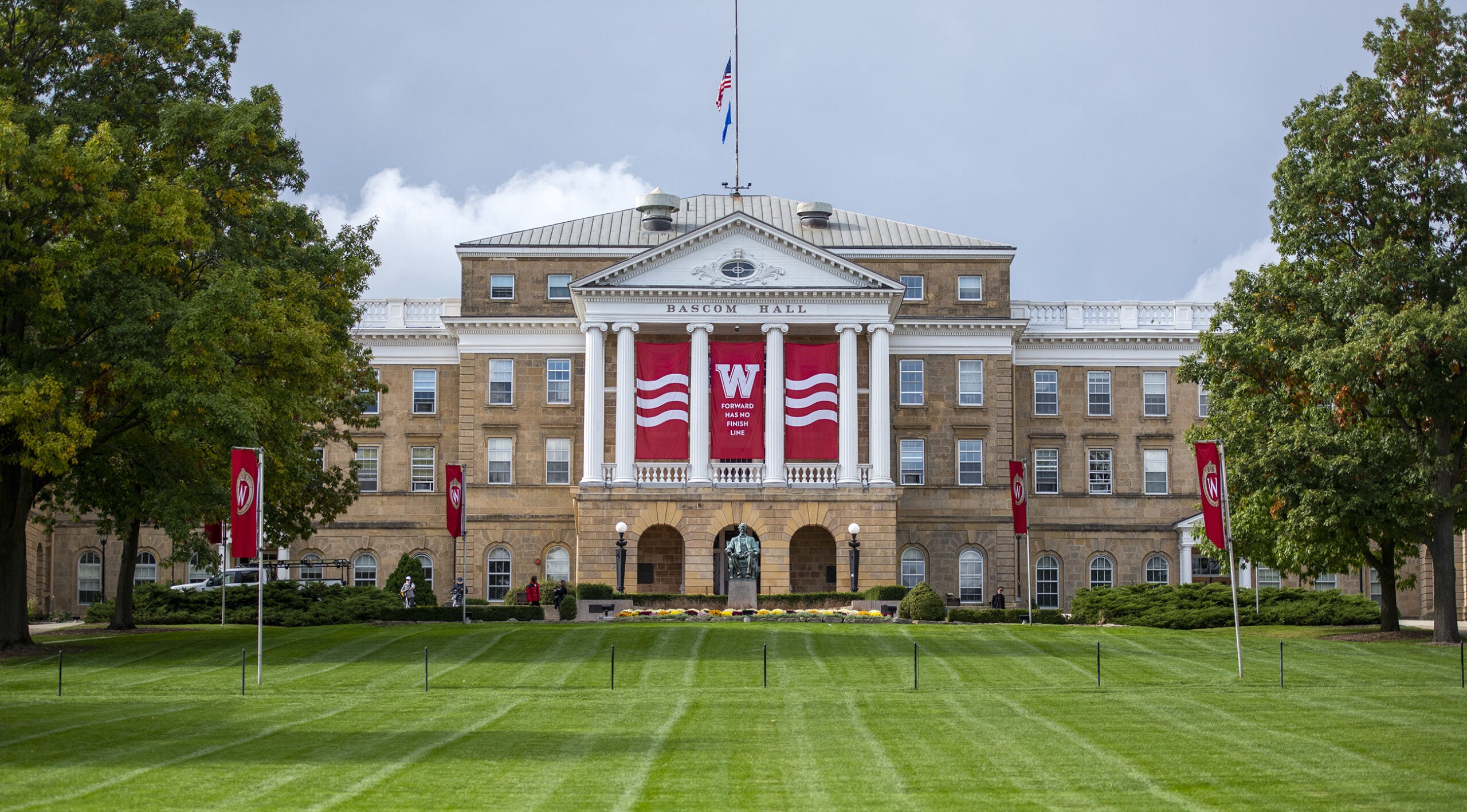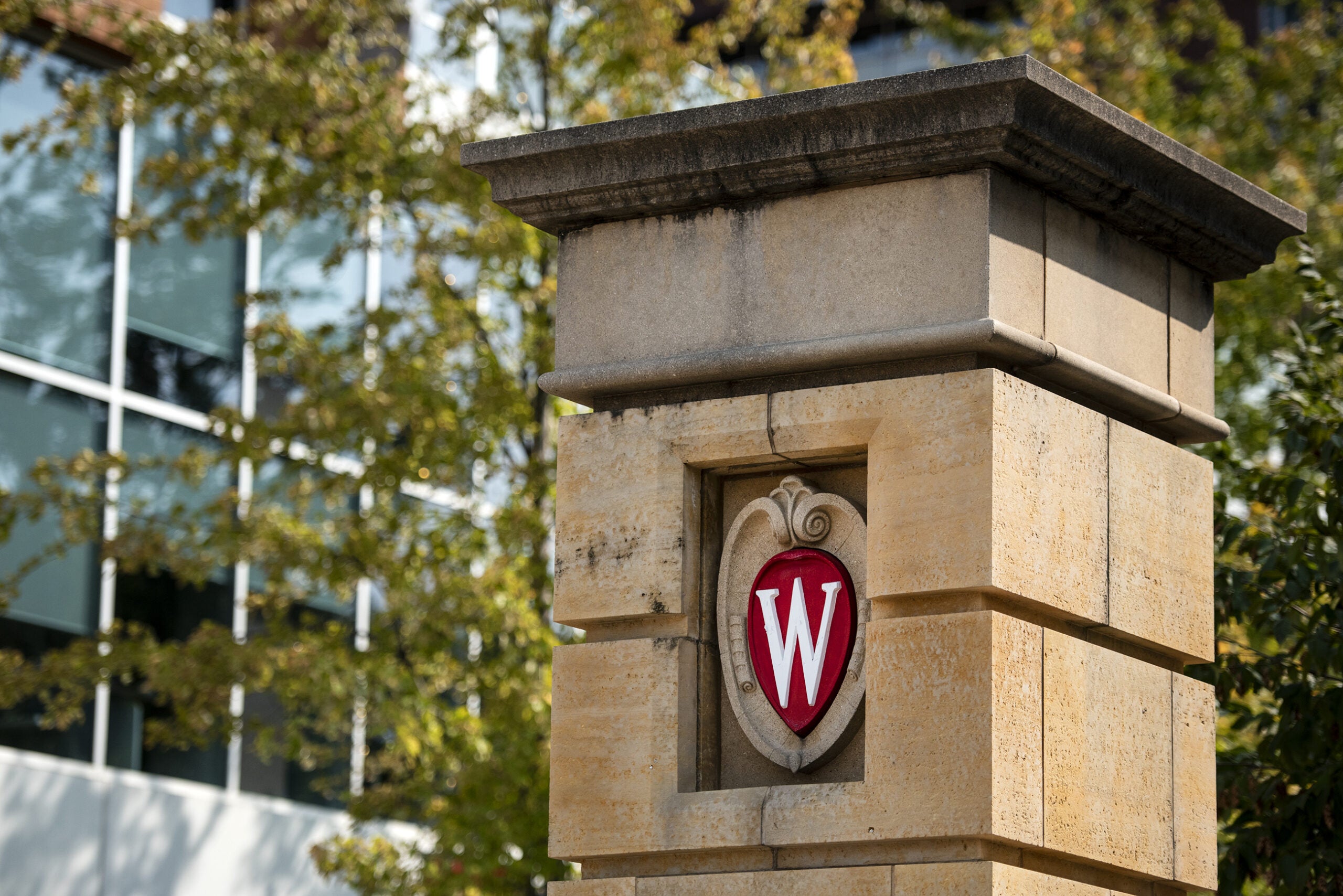The state Legislature has formed a study committee to discuss possible reforms and restructuring of the Universities of Wisconsin.
The committee includes four state lawmakers, two Republicans and two Democrats, and 14 other members, including business leaders, professors, and current and former administrators, selected by the Legislature’s Republican leadership.
Earlier this month, the committee met for the first time to go over key topics and set its agenda.
Stay informed on the latest news
Sign up for WPR’s email newsletter.
State Sen. Chris Larson, a Democrat who represents a district that includes Oak Creek and southern parts of Milwaukee, is one of the four legislators on the committee.
“I think 17 of us showed up for the first meeting, and there (were) over 17 different ideas of what we could and shouldn’t be doing,” he told WPR’s “Wisconsin Today.”
Larson said he initially didn’t have high hopes for the committee. He has been participating in policy discussions about public higher education for more than 13 years.
Larson said he’s observed a worrying trend of Republican politicians and business leaders pushing to close smaller institutions and consolidating the university system to focus on UW-Madison.
“There’s been a history of trying to shutter and shut down and consolidate our universities,” Larson said. “I do feel that given the folks who are on this committee, it’s kind of stacked in that direction.”
Of the 14 members of the public serving on the committee, half are corporate executives and lawyers. The committee includes a few administrators and three professors, with only one coming from outside UW-Madison.
Neil Kraus is a professor at UW-River Falls who has written a book about education policy. He applied to be on the committee but was not selected.
Kraus said the committee lacks representation from key groups and campuses.
“There are no students. There are no union members,” he said. “I think it’s very unrepresentative of all the different stakeholders and interests that are in play.”
“Students are why we’re here. We’re providing an education to them,” Kraus said. “To not hear from them, particularly about the cost that they have to incur, it just boggles the mind.”
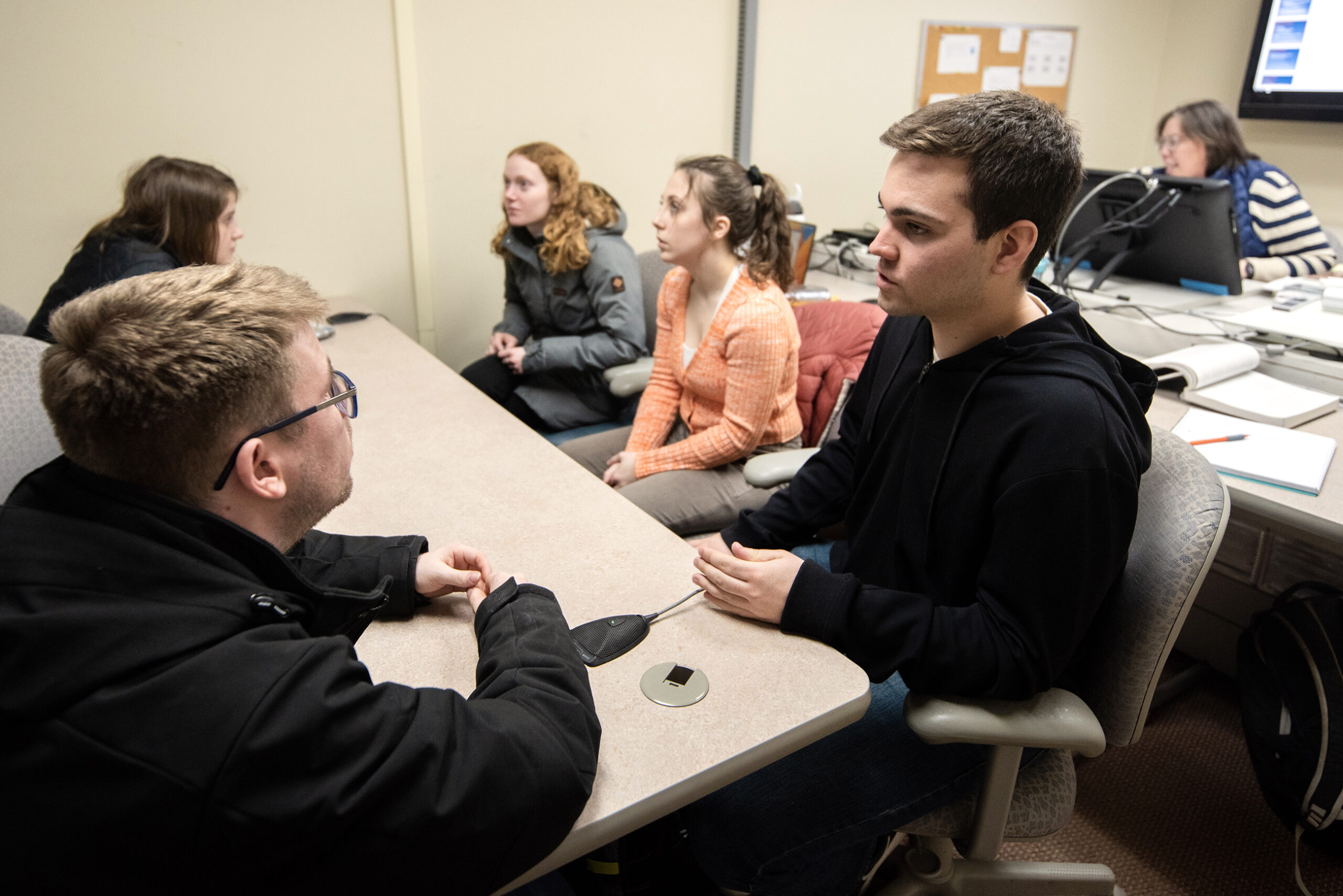
Larson also lamented the lack of current or prospective students on the committee.
“It strikes me as odd that we don’t have anybody who is actively a student within the university system … to talk about what they actually are seeing,” Larson said.
He thinks it would also be valuable to talk to students who opted not to go to a UW school and either attend another university or forgo a college degree altogether.
Shauna Froelich is an associate teaching professor of communication at UW-Green Bay and the committee’s only faculty representative from outside Madison. She said the cost of tuition is a major concern for her students.
“Many of my students are hardworking. And they’re still unable, despite working all summer and in the school year, to make tuition and housing out of pocket,” she said.
Froelich is also concerned about the changing landscape of higher education, student readiness coming out of high school, and free speech on campus.
One topic the committee aims to address is declining enrollment, though this trend shows signs of reversing. According to numbers UW released in fall 2023, enrollment across the system grew by more than 1,700 students, the first time it has grown in a decade.
Kraus, the UW-River Falls professor, worries the “demographic cliff” narrative will prompt further closures of branch campuses that serve students in smaller communities around the state.
“I think Madison’s great and it should be supported. It’s an outstanding institution,” Kraus said. “But most students — a significant majority — don’t go to Madison. They don’t go to flagship universities. This is true in every state. They go to regional (comprehensive campuses), or they go to two-year schools.”
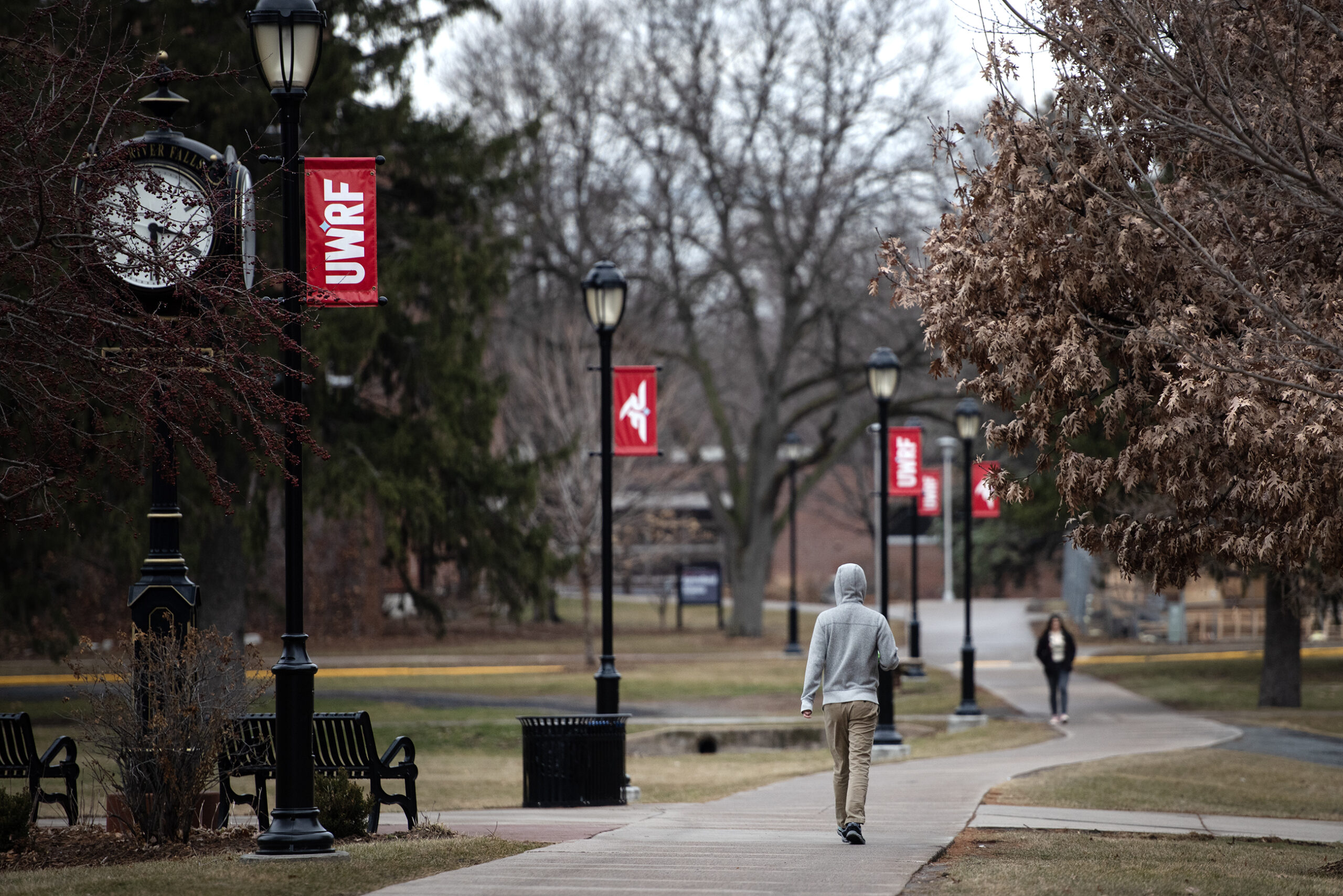
Despite concerns around the committee’s makeup and power, Larson said he was surprised to find that the first meeting was a “breath of fresh air.”
“For the most part, people seem really open-minded,” he said. “So I go into the next meeting very hopeful that if people continue to stay on that track and be open-minded, we can actually engage in a conversation about what we should do with our universities.”
Froelich from UW-Green Bay also walked out of the meeting feeling hopeful that the committee can spur meaningful conversation and change.
“The university system has the ability to transform the culture in our state,” she said. “If this committee can stay with that common ground and work together, then we can propel that Wisconsin Idea.”
The Legislative Council Study Committee on the Future of the University of Wisconsin System will meet four more times this year before issuing recommendations to the Legislature.
Wisconsin Public Radio, © Copyright 2025, Board of Regents of the University of Wisconsin System and Wisconsin Educational Communications Board.
